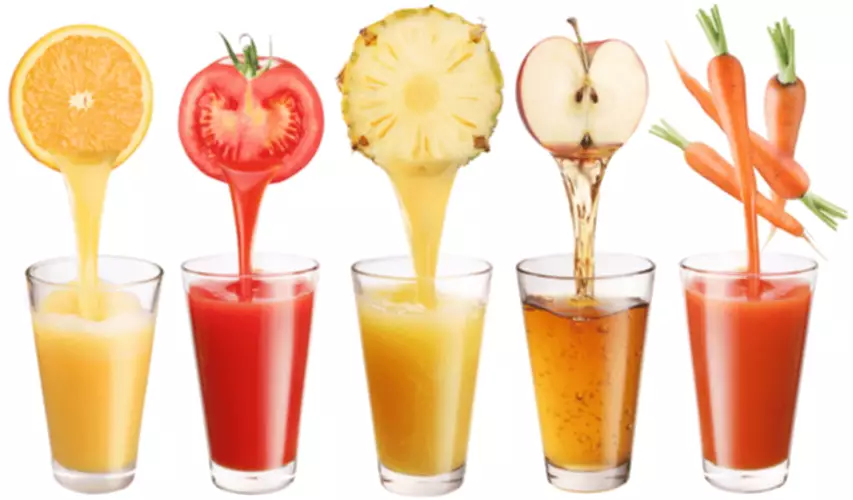7 Conditions That Might Increase Your Risk of Dehydration
Content
If a person drinks alcohol regularly, the short-term effects, such as dry skin and flushing, are more likely to become a persistent problem. Peeing less, chapped lips and dizziness could indicate your body requires more H2O. About 75% of Americans are regularly dehydrated, according to StatsPearls. More often than not, dehydration has does alcohol dehydrate you a quick fix, supplying your body with more water. Although there are some sneaky ways you can become dehydrated, there are also certain conditions that can make you more dehydration-prone. Here’s what to know about dehydration, its symptoms, and seven conditions that can cause a water deficit in your body, according to experts.
The action of suppressing this hormone exacerbates the diuretic effect and leads to dehydration. Your body’s metabolism can turn some components of alcohol into nutrients and energy. This happens at a rate of about one beer, a small https://ecosoberhouse.com/ glass of wine, or one shot of liquor per hour. Alcohols like whiskey and brandy have high levels of congeners, including tannins and acetaldehyde. These might lead to dehydration more quickly, according to a 2010 study [8] [9].
How to Rehydrate After Drinking
Alcoholic shakes, which are commonly referred to as tremors are physical conditions which are evident of abrupt withdrawal from long-term drinking. Acute alcohol tremors are dangerous and can expose a person to various health risks such as seizures and mental complications (Wernicke-Korsakoff syndrome). Let’s take a look at the relationship between alcohol and tremors. Dehydration can prevent your body from regulating your blood sugar (or glucose) as effectively, meaning it can’t release that glucose to give your body energy, according to Dr. Pulde.

Electrolytes are found in common foods, including salt, bananas, and watermelon, and can also be consumed from electrolyte-specific drinks or mixes. To stay hydrated, a person needs to take steps before, during, and after alcohol consumption. These are substances that promote urine production, or diuresis. In this article, we describe how alcohol dehydrates the body and provide tips on how to counteract dehydration due to alcohol consumption.
What are the complications of alcoholic ketoacidosis?
You could also try increasing your hydration with oral rehydration sachets — powders you mix in with your water. If you’re seeing a healthcare provider, they’ll figure out what level you’re at to assign you treatment. “If you have heart failure or issues with fluid retention, talk to your doctor about optimal fluid regimens to remain hydrated in hot or warm weather,” advises Dr. Fertel. It’s important to talk to your doctor if dehydration is listed as a side effect. Drinks like coffee, sodas with caffeine — and even alcohol — can have a diuretic effect, meaning they can cause you to urinate or pee more, which can then further dehydrate you.
- But the results of not getting help in time can be far more serious.
- However, research is mixed on whether these beverages increase urine output significantly.
- When you become hot, your sweat glands activate to release moisture from your body in an attempt to cool it off.
- These changes result to alcohol withdrawal shakes and other symptoms which can begin after 5-10 hours after the last drink reaching about hours and can last for a good number of weeks.
The length of your hospital stay depends on the severity of the alcoholic ketoacidosis. It also depends on how long it takes to get your body regulated and out of danger. If you have any additional complications during treatment, this will also affect the length of your hospital stay. If you don’t feel better from drinking plain water, try adding an electrolyte mix to water or drinking a low-sugar sports drink that contains electrolytes. If you don’t drink enough water with alcohol, you can become dehydrated quickly.
When to see a doctor
There are several different rehydration products available over the counter from pharmacies or on prescription from your GP, including solutions that are suitable for infants and children. Children and teenagers are particularly at risk because they may ignore the symptoms of dehydration, or not know how to recognise and treat them. Dehydration is often the result of an illness, such as gastroenteritis, where fluid is lost through persistent bouts of diarrhoea and vomiting. If you’re finding it difficult to keep water down because you’re vomiting, try drinking small amounts more frequently. That impact shows very little relationships between alcohol and dehydration, and it’s not just one thing. To truly understand it, we need to continue investigating the full spectrum of issues our bodies actually deal with, without defaulting to long-held but, unfortunately, untrue assumptions.

But dehydration isn’t the only cause of an alcohol hangover. Alcohol also induces inflammation4, sleep disturbances, acetaldehyde buildup and drops in blood sugar, which can all prompt or exacerbate hangover symptoms. And since alcohol causes more urine production, we’re more likely to develop an electrolyte imbalance. These electrolyte disturbances have been linked to a number of symptoms, including headache, nausea, and aches. The basic causes of dehydration are not taking in enough water, losing too much water, or a combination of both.
Alcohol and energy drinks
If you start to feel discomfort and bloating from drinking, stop drinking and allow time to recover. If you’re active, or if the weather is particularly hot, there’s a greater risk that you will become dehydrated. To prevent becoming dehydrated, you should increase your fluid intake. Mild dehydration can be relieved by drinking more water and diluted fruit squash. If necessary, you can purchase oral rehydration solutions (ORS) from a pharmacy. As a guide, passing pale or clear-coloured urine (wee) is a good sign that you’re well hydrated.

More moderate to severe cases of dehydration may require hospitalization for treatment with IV fluids. Left untreated, severe dehydration can lead to serious complications, including electrolyte imbalances, organ failure and death. Some beverages are better than others at preventing dehydration. Water is all you need if you’re planning to be active in a low- or moderate-intensity activity, such as walking for only an hour or less.


